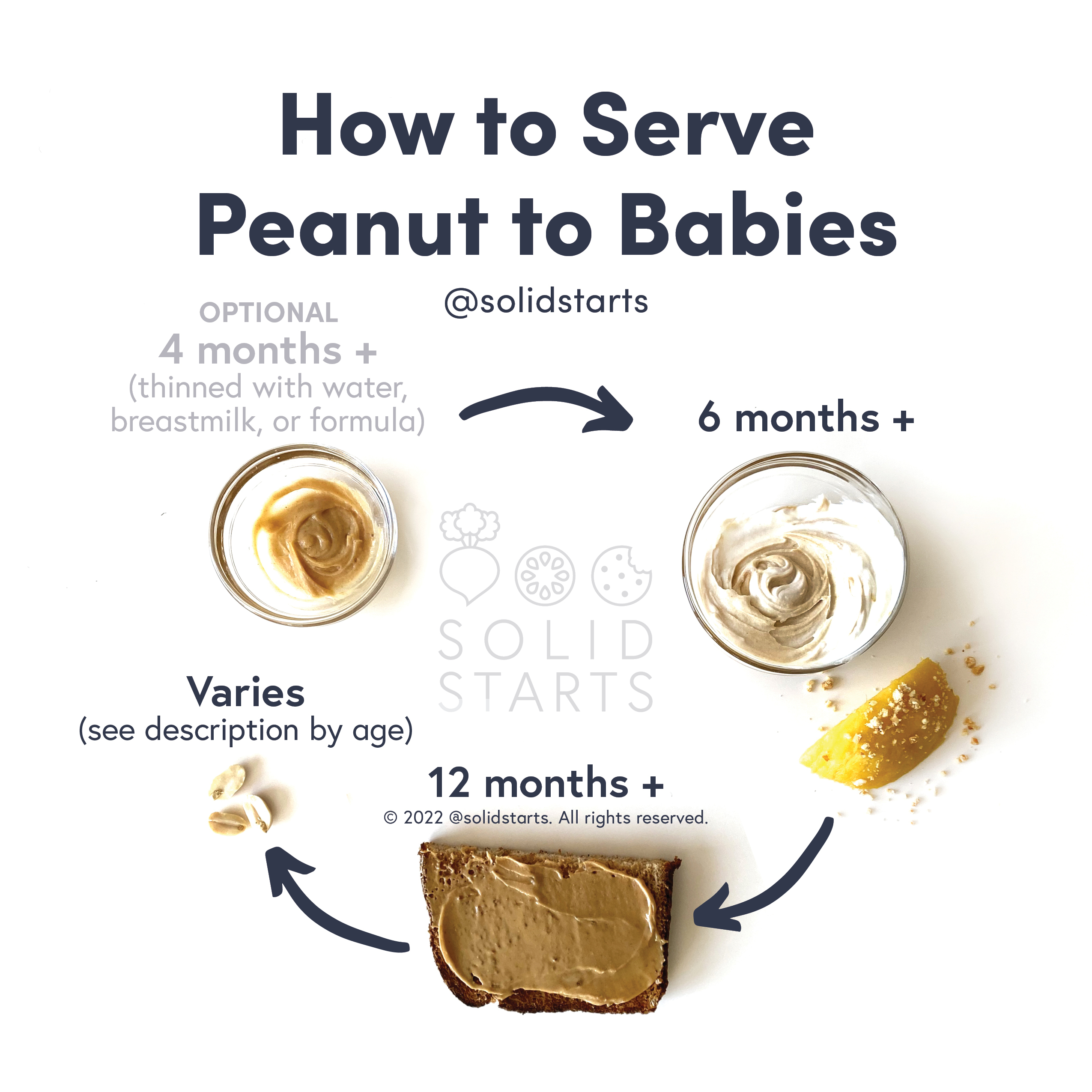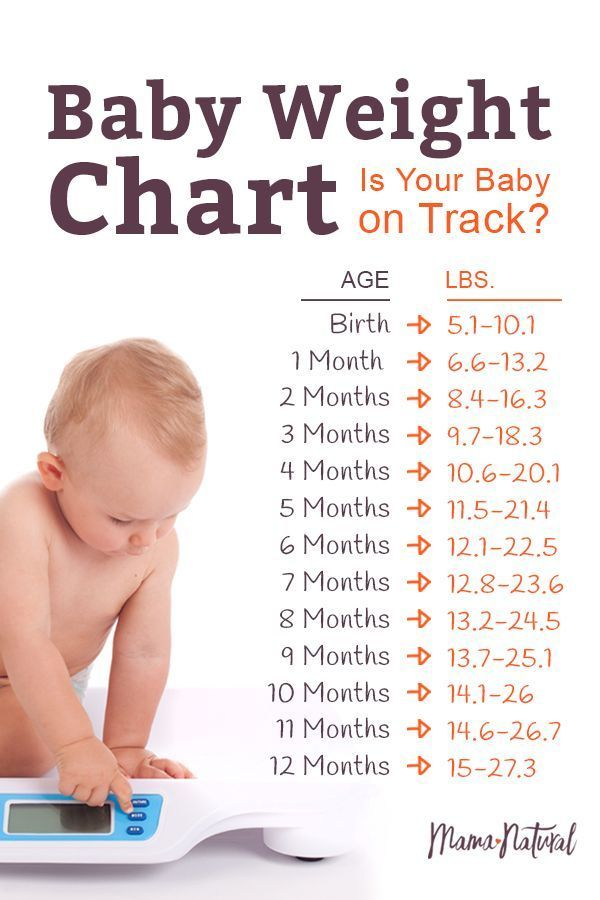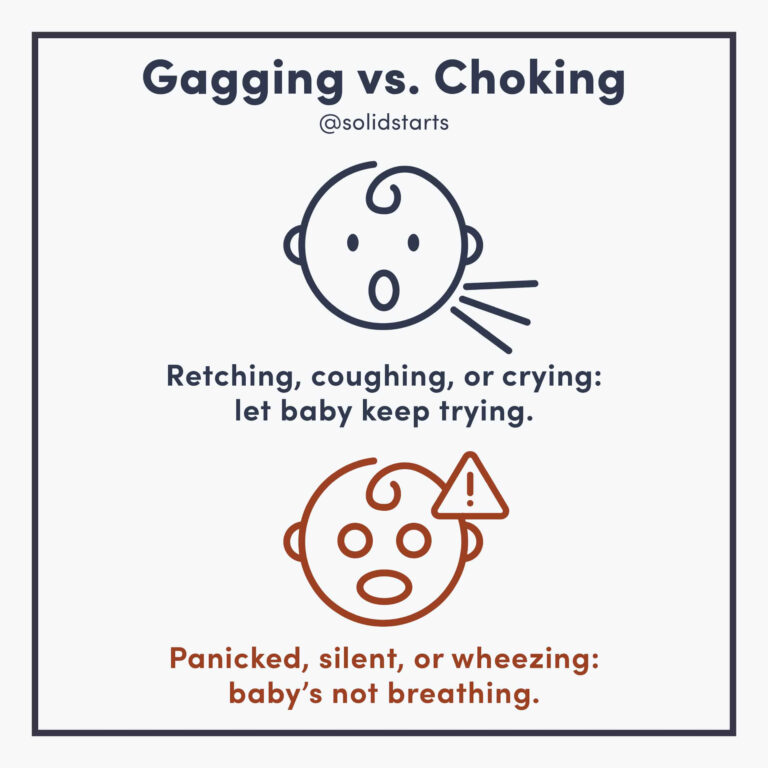How To Give Baby Peanut Butter
Introducing your little one to new foods can be both exciting and nerve-wracking as a parent. One popular food item that many parents wonder about introducing to their babies is peanut butter. In this article, we will discuss the best practices for giving baby peanut butter and the considerations to keep in mind to ensure a safe and enjoyable experience for both you and your little one.
Knowledge
As per the American Academy of Pediatrics, you can introduce peanut butter to your baby as early as six months of age. However, it is essential to consult with your pediatrician before doing so, especially if your family has a history of food allergies.
When selecting peanut butter for your baby, opt for natural peanut butter without added sugar or salt. Avoid peanut butter with added ingredients like hydrogenated oils or artificial sweeteners. You want to provide your baby with the healthiest option available.
For babies who are just starting on solid foods, you may need to thin out the peanut butter with breast milk, formula, or water to make it easier for them to swallow. As your baby grows, you can gradually increase the thickness of the peanut butter until they can handle it in its natural form.
There are several ways to introduce peanut butter to your baby. You can spread a thin layer on a piece of toast, mix it into oatmeal or yogurt, or even incorporate it into homemade baby food recipes. Be sure to monitor your baby closely during the feeding to watch for any signs of an allergic reaction.
It is crucial to be aware of the signs of an allergic reaction when introducing peanut butter to your baby. Watch out for symptoms such as hives, swelling of the face, lips, or throat, difficulty breathing, vomiting, or diarrhea. If you notice any of these symptoms, seek medical attention immediately.
Conclusion
Introducing peanut butter to your baby can be a nutritious addition to their diet, but it is essential to do so with caution and under the guidance of your pediatrician. By following the recommendations outlined in this article, you can ensure a safe and enjoyable experience for both you and your little one.
Remember to always consult with your healthcare provider before introducing new foods to your baby, especially if you have concerns about allergies or other health conditions.
In conclusion, providing your baby with peanut butter can be a tasty and nutritious option, but it is essential to do so responsibly and with your baby’s best interests in mind.
As your baby grows and develops, you can continue to explore new foods and flavors together, creating a positive and healthy relationship with food that will last a lifetime.






